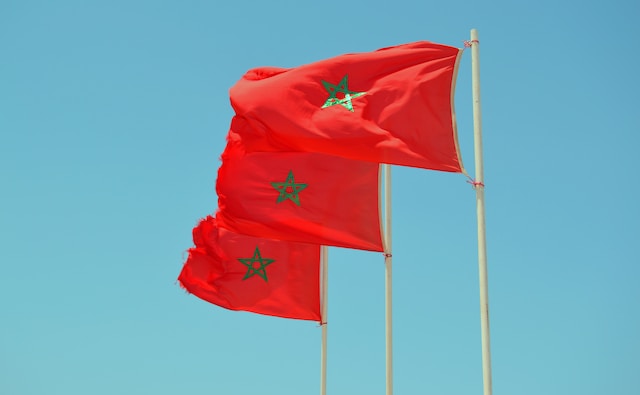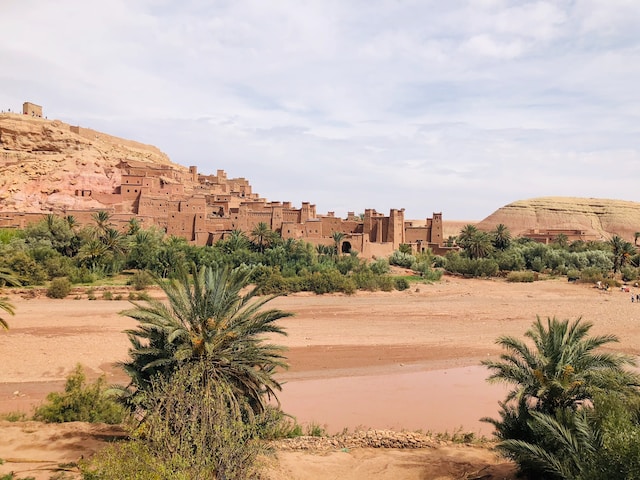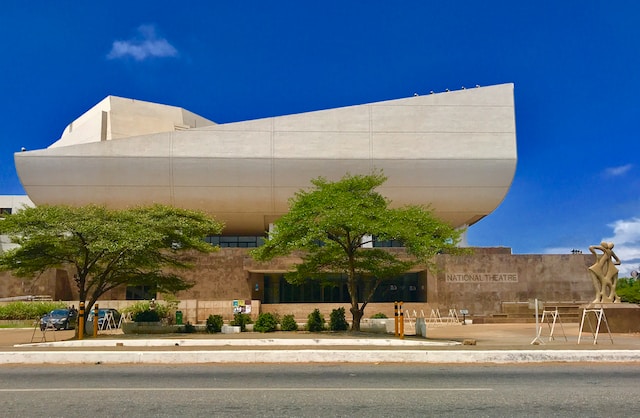A Moroccan government organization in charge of tax management and collection is the General Directorate of Taxation (DGI). It was founded in 1920 and falls under the Ministry of Finance and Economy. Its duties include enforcing tax laws and regulations, implementing tax policies, and monitoring taxpayer compliance. The Ministry of Economics and Finance is in charge of the DGI’s operations.

These other articles might interest you:
Their duties include:
Collection of taxes
The major duty of the DGI is to collect taxes, which are the Moroccan government’s principal source of income. The organization is in charge of collecting various taxes, such as income, corporation, value-added, and property tax. Additionally, it is in charge of managing the collection of social security contributions as well as other taxes including inheritance tax and stamp duty.
Implementation of tax policies
The DGI is in charge of carrying out Moroccan tariff regulations. To create policies that support economic growth and make sure the tariff system is fair and equitable, it closely collaborates with the Ministry of Economics and Finance. The DGI collaborates with other government agencies to ensure that these laws are successfully executed, and it also advises and directs the government on tax-related issues.
Issuance of tax laws and regulations
In Morocco, the DGI creates tariff rules and regulations. It is in charge of creating legislation and rules that adhere to the government’s tariff regulations. The organization additionally releases circulars and decisions that offer direction on how tax laws and regulations should be interpreted and applied.
Ensures compliance with tax laws and regulations
The DGI is responsible for making sure that taxpayers follow all applicable laws and rules. To make sure that taxpayers are honoring their commitments, it has the authority to look into and audit them. Taxpayers who violate laws and rules of taxes may potentially face penalties and fines from the government.
A variety of services and activities are run by the DGI to help people fulfill their duties. Programs for tariff education and outreach are among them, as are online tools that let people complete their returns and pay their taxes electronically. To assist taxpayers in understanding their tax liabilities and minimizing them, the organization also offers tax advising services.
The board has adopted several changes recently to update and enhance Morocco’s tariff system. The installation of computerized tax filing and payment systems, the adoption of new tax collection strategies, and the introduction of a new tax statute are some of these innovations. The tariff collection procedure has been streamlined, which has improved its effectiveness and transparency.
Challenges
The issue of tax avoidance and evasion is one of the DGI’s main problems. This is a major issue in Morocco, especially in the unofficial economy where many companies and people fail to pay their full amount of taxes. To prevent tax evasion and avoidance, the DGI has put in place several measures. Methods such as using data analytics and artificial intelligence to detect tax fraud, as well as implementing an incentive system for people who come forward and disclose tax fraud. The board must also contend with the problem of tariff administration capabilities. The agency collects taxes from a large and diverse taxpayer base and must have the tools and experience to handle the tariff system properly. The board has made an effort to solve this issue by funding staff training and development programs and working with other governmental institutions to exchange best practices and knowledge.
Summary
The General Directorate of Taxes (DGI) of Morocco collects taxes, implements policies, issues laws, and regulations, and makes sure that taxpayers follow those laws and regulations. As a result, the board is essential to the economy of the nation. Although the agency has launched several reforms aimed at modernizing and enhancing Morocco’s tariff system, it still faces difficulties concerning tariff fraud and avoidance. In general, the board plays a significant role in ensuring that Morocco’s tariff system is equitable, effective, and efficient.







